New York, Sep 20 (V7N) - UNICEF has launched an urgent appeal for $58.8 million to bolster efforts in curbing the rapidly escalating mpox outbreak in six African countries. The focus is particularly on Burundi, where children are disproportionately impacted. The call for action follows a significant surge in reported cases, with infections increasing sharply across the region.
Dr. Paul Ngwakum, UNICEF's Regional Health Advisor for Eastern and Southern Africa, voiced his alarm over the crisis. “Children in Burundi are bearing the heaviest burden of this mpox outbreak, with infections and health impacts rising at an alarming rate,” he said. Out of the nearly 600 reported cases in Burundi, two-thirds are children under 19, with a 40% increase in cases in just the last three weeks.
To date, Burundi has seen over 14,000 suspected mpox cases, but no fatalities have been recorded. However, the neighboring Democratic Republic of the Congo (DRC) is grappling with a more severe situation, with nearly 21,900 suspected cases and 717 deaths reported.
Urgent Need for Rapid and Coordinated Response
Dr. Ngwakum stressed the critical importance of immediate action in Burundi. “With sufficient funding and quick intervention, we have a real opportunity to end this outbreak in a short time. The virus is largely confined to a limited area, and with a concerted effort from all partners, we can control the spread and save lives,” he emphasized.
Protecting Children in Schools
With the school year now underway in Burundi, UNICEF is particularly concerned about the rise in mpox cases among children under five, who account for 30% of cases in both Burundi and DRC. In response, the agency has partnered with local education authorities to implement preventive health measures, train staff to recognize early signs of infection, and promote improved hygiene practices in schools.
“This is a fast-evolving situation, with a new strain of the virus. We’re learning more each day about how it spreads,” Dr. Ngwakum explained. “Our response and public communication are continually updated as we gather more information.”
Combating Stigma and Providing Mental Health Support
UNICEF’s appeal also aims to provide mental health support for parents and frontline workers, who may face social stigma due to misunderstandings about mpox transmission. Dr. Ngwakum clarified that most children are contracting mpox through non-sexual contact, such as body-to-body transmission, contact with infected animals, or contaminated materials. “There’s a damaging stigma surrounding mpox, but it’s important to stress that sexual transmission is not the primary mode of infection in most cases,” he said.
There are also concerns among communities fearing a repeat of previous health crises like Ebola and COVID-19. “Our role in dispelling myths and calming fears is vital in managing this outbreak,” Dr. Ngwakum added.
The DRC’s High Death Toll: A Humanitarian Emergency
The DRC’s mpox crisis is exacerbated by the ongoing humanitarian emergency in the region, which has contributed to a higher death toll. Dr. Margaret Harris from the World Health Organization (WHO) explained that many children in the DRC who have tragically died were already severely immuno-compromised due to malnutrition and the impacts of conflict, as well as other diseases.
“Sadly, many of the children who succumbed to mpox in the DRC were already critically weakened due to malnutrition and existing health issues,” Dr. Harris told reporters in Geneva.
UNICEF’s appeal underscores the urgent need for international support and funding to prevent further spread of the virus and protect the most vulnerable populations—particularly children in conflict-ridden areas.
END/NY/SMA/



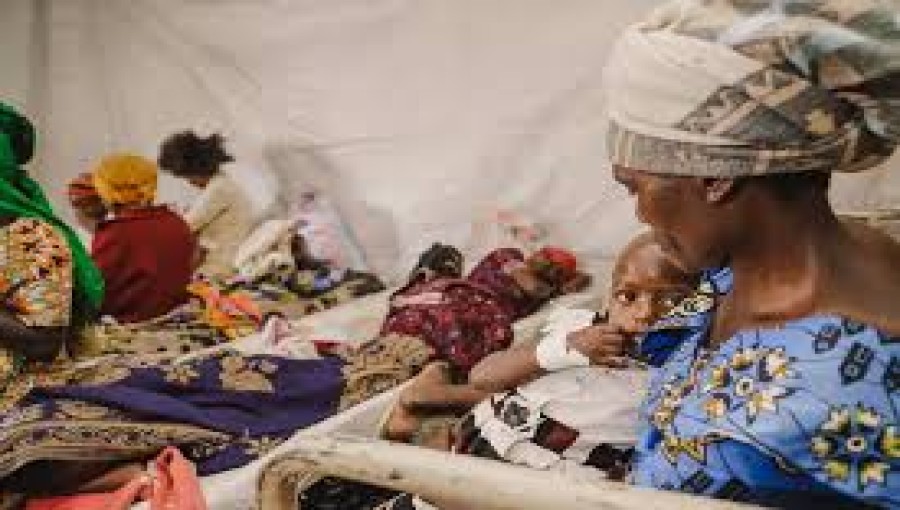






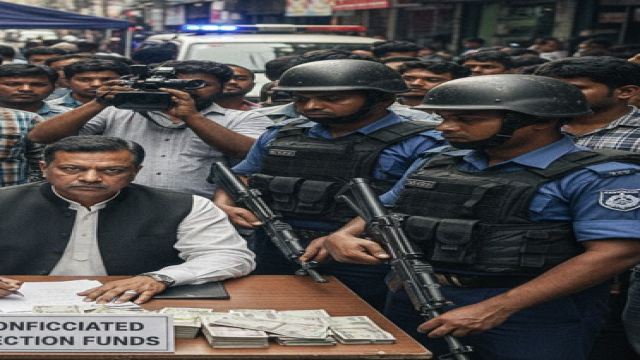
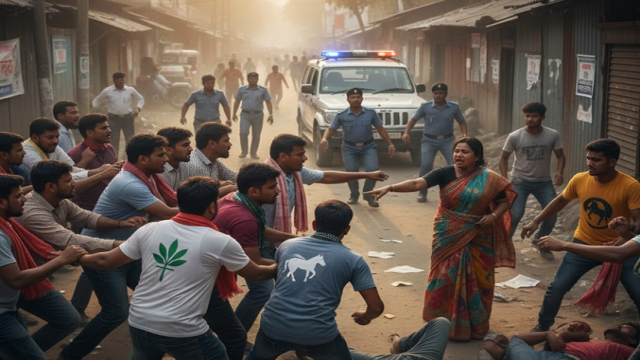


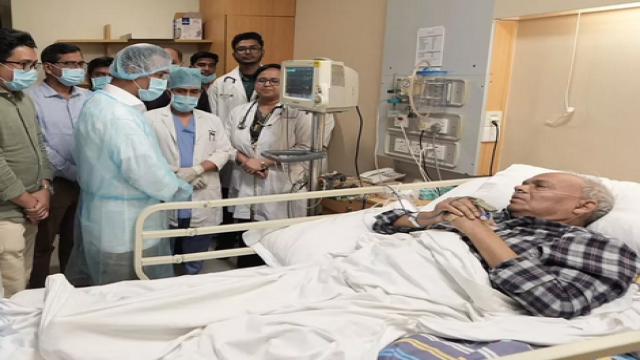
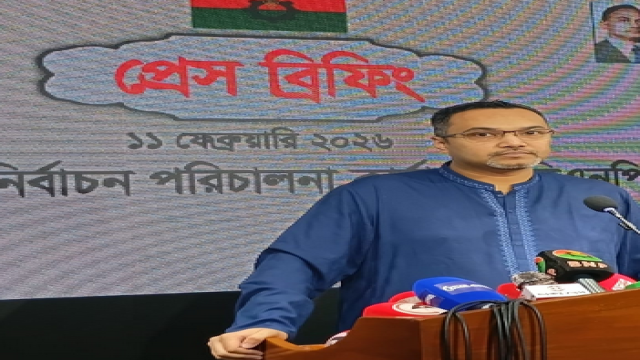
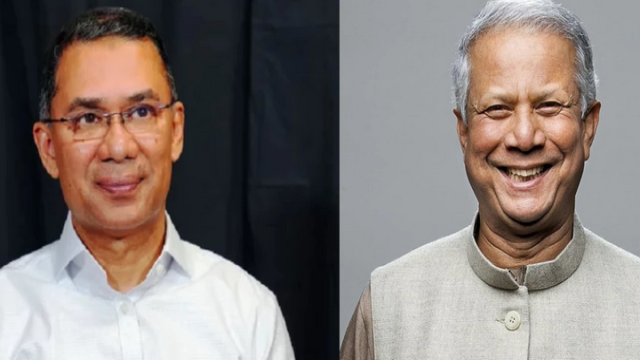
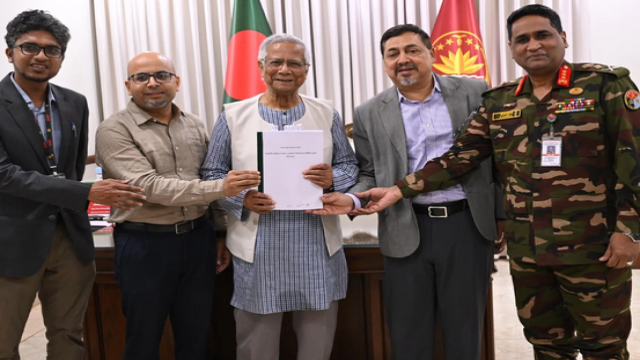













Comment: